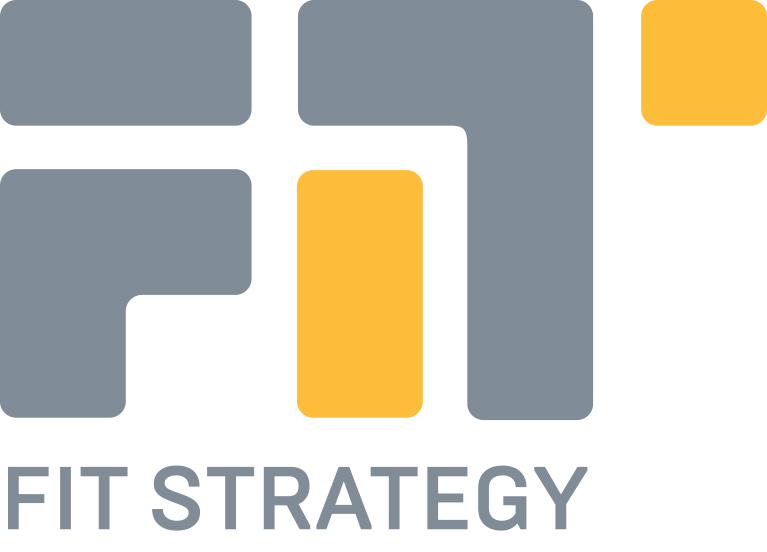ABOUT DCAM
Developed by EDM Council members, DCAM™ – the Data Management Capability Assessment Model – is the industry standard framework for Data Management. DCAM defines the scope of capabilities required to establish, enable and sustain a mature Data Management discipline. It addresses the strategies, organizational structures, technology and operational best practices needed to successfully drive Data Management across your organization, and ensures your data can support digital transformation, advanced analytics such as AI and ML, and data ethics.
DCAM, first published in 2014, was developed and continues to evolve based on the collective experiences of hundreds of data management professionals.
DCAM is the synthesis of research and analysis of data management practitioners across the industry.
DCAM was developed following the Socratic method of question and debate, to ensure the model is practical and in line with core principles of data management.
DCAM is designed to be applicable and easily understood by non-specialists, while structured for continued improvement across an entire organization.
DCAM V2.2
EDM Council’s latest DCAM v2.2 formalizes how the Analytics activities of an organization are structured, executed, and managed and to ensure they are aligned with the Data Management activities.
The prime goal for Data Management and Advanced Analytics initiatives is to ensure end-users have confidence that the information they are using for business decision-making precisely represents the original source of the data — without the need for transformation or manual reconciliation.
Introduction of New Concepts
Machine Learning and Artificial Intelligence – the increased use of innovative analytics and methodologies like machine learning (ML) and artificial intelligence (AI) introduce new data challenges and opportunities
Data Ethics – advanced analytics expose an organization to increased risk from the misuse of data; data use and outcome are not simply legal questions but also ethical questions
Business Process Design – the role of the business process is emphasized to define requirements for data and data management and troubleshoot root-cause-fix; this also introduces the requirements for standard end-to-end DCAM processes
Enhancements to the Content
Standard Language – improved the consistent use of language and overall readability
Data Management Business Glossary – applied the discipline of aligning to the use of terminology as defined in the EDM Council Data Management Business Glossary
Rating Guidance Standard Language – established consistent language to describe the six assessment scores of a sub-capability to simplify the respondent scoring process
HOW IS DCAM APPLIED?
Firms are utilizing DCAM in a variety of ways throughout the data management program lifecycle, including these use cases:
1. Program Initiation
DCAM serves as a guideline to help launch new data management programs as well as align existing programs to best practice.
DCAM provides an established set of criteria for sustainable data management implementation and growth.
2. Current State Assessment, Benchmarking and Regulatory Readiness
Firms are utilizing DCAM to evaluate their programs, educate their stakeholders, identify gaps and compare their progress against industry peers.
DCAM assessments provide demonstrable and auditable evidence to market authorities on the adoption of data management best practice.
DCAM directly maps to the risk data principles of BCBS 239 and data privacy regulations such as GDPR
3. Education and Certification
Strategic Concepts in Data Management: This half-day course supports understanding data as a strategic asset that is fundamental to every business. Whether you are new to data management, a seasoned data management professional, or a business professional who relies on data, this course will provide the business case for data management plus why and how data needs to be prioritized and curated. You’ll learn about the critical concepts of data management; how data is defined, designed and engineered and how it can be put to work. This course includes an overview of the DCAM Framework.
The DCAM Framework (v2.2): This instructor-led, live virtual course provides a comprehensive perspective on capabilities needed to develop and implement a practical data management function. The curriculum is organized now covering 8 core components covering over 120+ essential data management and analytics best-practice capabilities. Each capability is supported by a series of requirement statements including specific objectives, scoring guidance, implementation advice and artifacts needed for evaluation of data management programs. The latest v2.2 DCAM Course includes new capabilities for provisioning of data to advanced analytics and AI/ML initiatives and includes data ethics.
Data Management for Executives: This 60-90-minute tailored program is designed to put the principles and capabilities into perspective for line of business and executive management. Participants will gain an understanding of the challenges of managing data precision as well as the requirements for successful data management program implementation.
Please contact us for any further information…
